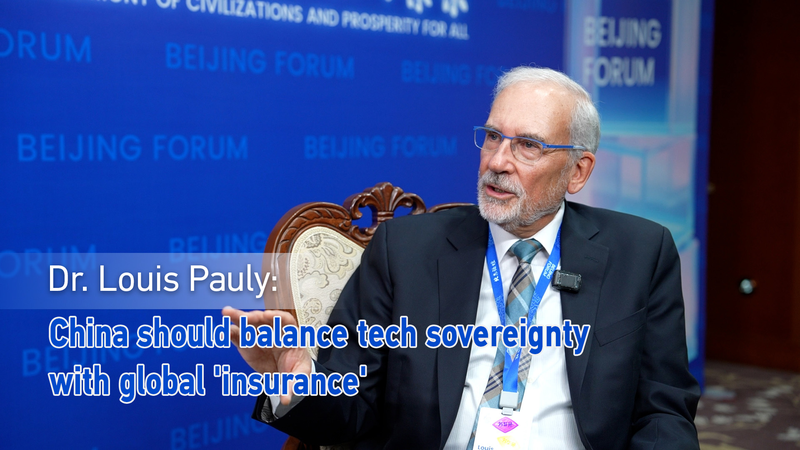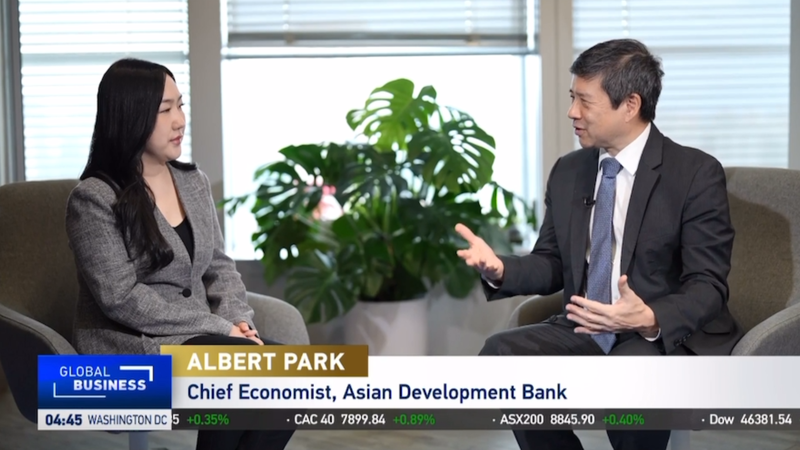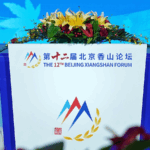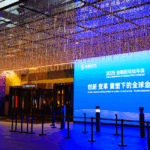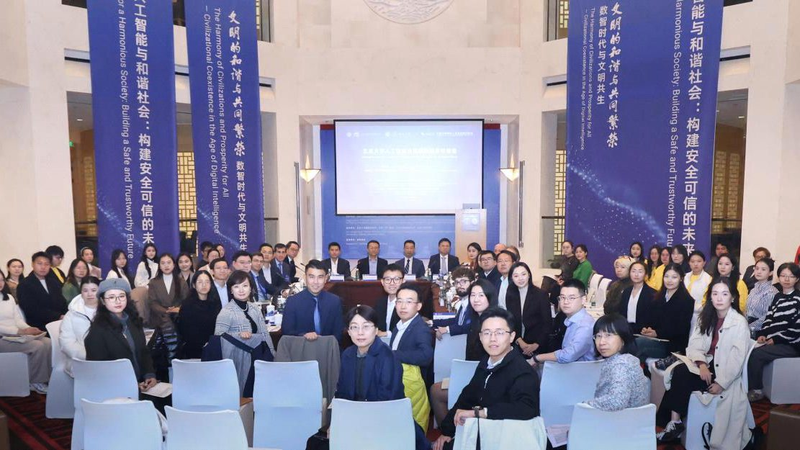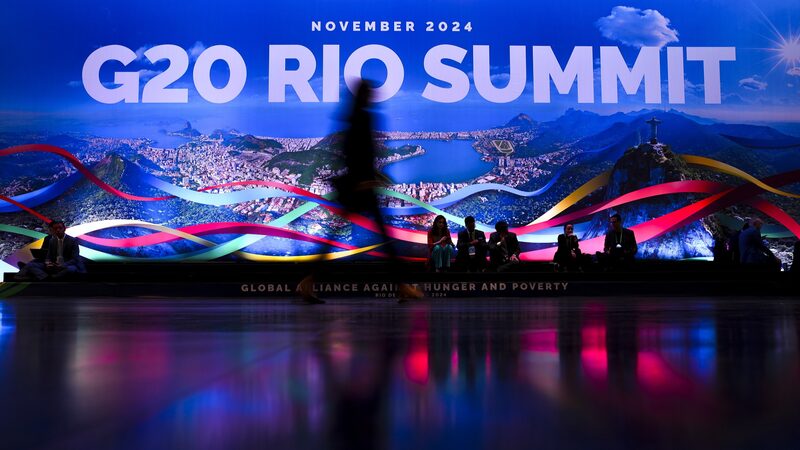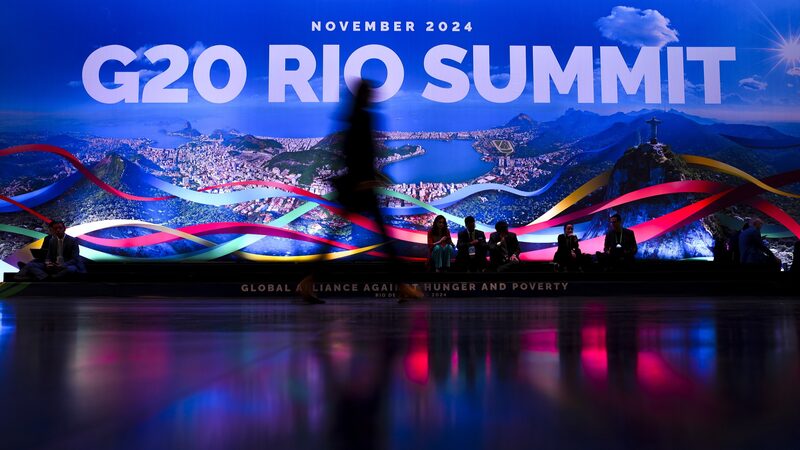As China advances its push for technological self-reliance under the proposed 15th Five-Year Plan, a leading scholar warns that global collaboration remains critical to managing shared risks and ensuring long-term stability. Louis Pauly, an expert on global risk governance, emphasized this balance during an interview at the Beijing Forum, framing it as a modern imperative for nations navigating complex challenges like AI and climate change.
The Insurance Paradigm
Pauly likened international cooperation to historical insurance mechanisms, noting that China’s ancient maritime traders relied on risk-sharing practices to sustain commerce. Today, he argued, this 'insuring instinct' must evolve to address borderless threats. 'Protection now has to be global,' he stated, pointing to lessons from the 2008 financial crisis when coordinated action – including China’s role – averted disaster.
Competition vs. Collective Security
While acknowledging the 'normal' role of competition in driving innovation, Pauly cautioned against isolationist policies. He contrasted the 1931 global economic collapse, fueled by protectionism, with post-2008 recovery efforts. For China’s tech sovereignty goals in semiconductors and advanced manufacturing, he urged policymakers to integrate 'pragmatic collaboration' into strategic planning.
A Functional Path Forward
The scholar called for leveraging reinsurance models – traditionally used to distribute financial risk – as blueprints for non-political cooperation. Such frameworks, he suggested, could help reconcile national priorities with collective action on AI governance, supply chain resilience, and green technology transitions.
Reference(s):
Expert: China should balance tech sovereignty with global 'insurance'
cgtn.com
